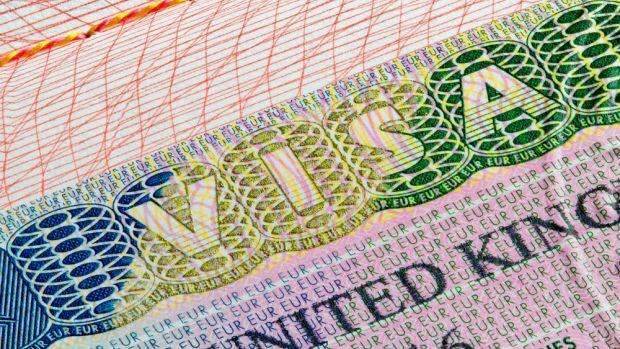
LSTM Director, Professor David Lalloo, is a signatory on a letter calling for a fair and equitable visa system that protects collaborations needed to tackle global challenges including climate breakdown, poverty, disease outbreaks and conflict.
Led by the Institute of Development Studies (IDS), the letter featured in this weekend’s Observer newspaper along with an article outlining several cases where researchers, primarily from Africa, were refused visas to visit the UK to attend meetings and conferences. The article highlights how some institutions are now even choosing to hold conferences elsewhere in Europe due to the problems associated with UK visas.
The letter is signed by many leaders of institutions and programmes who are working to strengthen the UK’s position as a science, research and development world leader. They point out that international collaboration is vital to deliver life-saving work, such as ending the current Ebola outbreak in the DRC.
Professor Lalloo said: “LSTM has been an international institution from its inception and I, like all of my co-signatories, am concerned by the growing number of research collaborators being refused entry into the UK. A recent report showed that those from African countries are twice as likely to be refused visas than those from any other part of the world. To address the big questions in global health and to take on the challenges we need to be able to work globally with our partners. This is vital for disease endemic countries, but also for the UK’s own health security and its reputation as a world leader in science, health research and development.”
The letter describes the UK government’s immigration policy and states that it is undermining “global Britain’s” reputation. It directly contradicts the UK Government’s International Research and Innovations Strategy, which states: “The importance of global co-operation to find solutions and to drive our long-term prosperity has never been greater.” The letter calls for that co-operation to extend to all countries and regions in order to address today’s global challenges as well as the unknown challenges of the future.